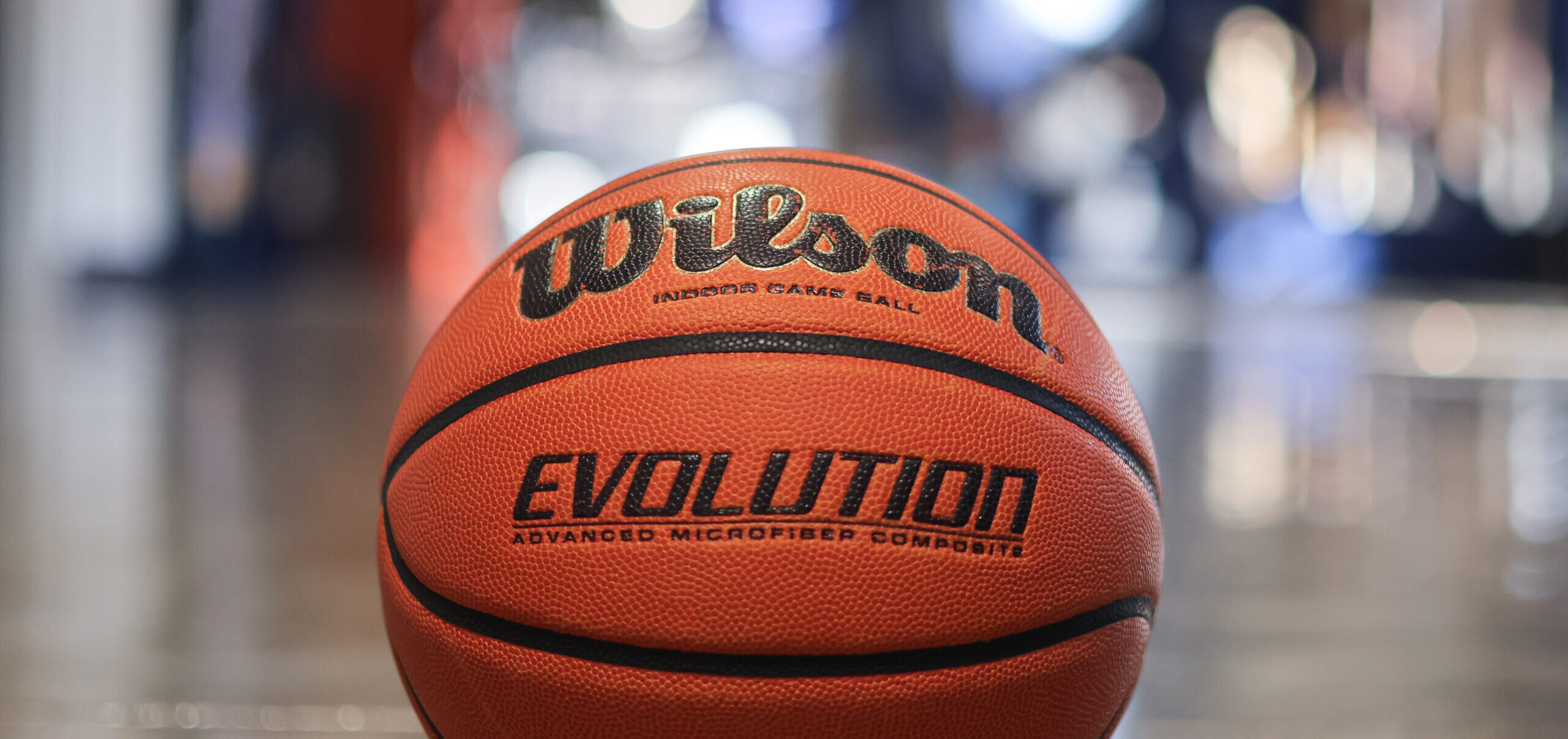Butler Athletics has announced more than $7.5 million has been raised ahead of the 2024-25 basketball season. Photo by Jada Gangazha.
SAWYER GOLDWEIN | ASSISTANT SPORTS EDITOR | sgoldwein@butler.edu
DAVID JACOBS | ASSISTANT SPORTS EDITOR | drjacobs@butler.edu
Butler basketball has been known as underdogs since the start of the century when head coach Thad Matta led the 10-seed Dawgs to their first NCAA tournament win in four decades.
Nearly 25 years after that season, Butler faces a new mountain to climb: Name, Image and Likeness (NIL).
California became the first state to pass NIL-related legislation in 2019 with the Fair Pay to Play Act. This prohibited schools from punishing players for receiving compensation for the use of their NIL.
Since then, 31 states have passed NIL laws and the NCAA has added rules to allow athletes to pursue NIL opportunities without limitations. With this new legislation in place, many schools bigger than Butler have gotten aid from individual or group boosters to influence recruits to play at their schools.
In his thirteenth year at the university, associate athletic director Graham Honaker has been appointed as the lead point of contact for NIL strategy and development within Butler Athletics after working primarily in fundraising.
“What NIL was meant to be was a student-athlete working with a business to represent them [and] market them, and we have that component of NIL,” Honaker said. “The other piece of NIL is our collective, All Good Dawgs.”
With All Good Dawgs, the primary goal has been to give student-athletes a purpose as they earn money. A secondary objective for the collective is to educate the athletes on the business side of their negotiations.
“What we’re trying to do with the educational offerings too is to work with the student-athletes,” Honaker said. “[We want] to give them the skills to go out and market themselves [and] to brand themselves.”
While the collective helps with personal brand connections and building financial literacy, the financial assistance of donors and alums has helped decrease the financial disparity between Butler and the larger NIL markets in the Big East.
Newly appointed men’s basketball general manager Tony Bollier has come in to help the Dawgs optimize their limited funds.
“We don’t have the largest pool of NIL money,” Bollier said. “That’s not a secret. There are schools out there that have a lot more money than we do, but we have done a good job closing the gap.”
In efforts to diminish the imbalances, the increase in donor money has helped land the men’s basketball team the seventh-ranked 2025 recruiting class while continuing to ensure that it adds not just great players, but also quality people.
“Coach Matta says this all the time,” Bollier said. “‘We’re not going to compromise the type of kid we’re recruiting, the type of kid we’re trying to retain, the type of kid that we engage with during the transfer portal season.’ So because of that, you see what our players are doing in the community, and there are real teeth to the work that they’re doing through All Good Dawgs.”
The men’s team is not the only one prioritizing high-character players despite the NIL-imposed financial influences. Under the leadership of Honaker, the women’s basketball team has made it a purpose to recruit high-character athletes.
Madison Wise, the women’s basketball coordinator of recruiting and social content, played for head coach Austin Parkinson at IUPUI before joining his staff at Butler to help connect players with over 30 local businesses.
“When I was being recruited, there was no talk of money,” Wise said. “It was all relationship-based. For us, it still is about [relationships], and that’s why we do it the way we do it. We want to support them financially, which they have this great opportunity, but then with these [NIL] partnerships, while they get paid, they’re able to set themselves up for the future.”
The relationship-building has proven to make a positive impression on the players. The women’s basketball team did not have any undergraduates transfer out of the program this offseason — a sign of a successful strategy.
Of course, NIL benefits more than just the basketball teams. Butler has made it a goal to ensure that athletes from every sports team on campus reap the rewards of NIL deals and donor money.
“A lot of our donors have stepped up [from 2023 to 2024],” Honaker said. “They understand how important NIL is, we’ve just had tremendous generosity from our donors stepping up and the new donors stepping forward. We have [a] donor who gives generously to our cross country program for, [and what] we’re trying to stress more is that if you make a donation to All Good Dawgs, you could specify which sport it can go to.”
Regardless of sport, the landscape of college athletics has undergone drastic changes, and it is up to Butler to change with it.
“In this brave new world of college basketball, whether an individual likes the state of the game or not, this is the state of the game,” Bollier said.
Within the intricacies of the financials, All Good Dawgs and Butler Athletics continue to ensure that NIL is being done the correct way — The Butler Way.
“When the ball stops bouncing, there’s other things to life,” Wise said. “Being paid is very, very important, yes, and you want to make as much money and capitalize as much as you can, but when the ball stops bouncing, you’ve got to have another plan.”



